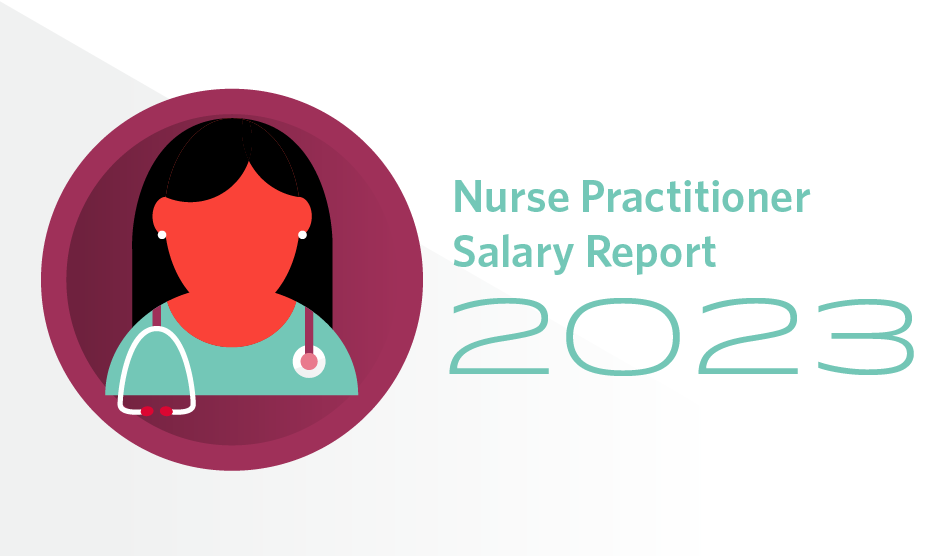2016 was a year of lots of ups and downs, and the medical world’s 2016 was no exception. From the Affordable Care Act to the Zika virus, here are some of the year’s top medical stories.
Bride walks down the aisle with the man who received her father’s heart
In September 2006, Michael Stepien was robbed and shot in the head while walking home from work. He later died in the hospital, and his family decided to donate his organs — saving Arthur Thomas’s life with a new heart.
Ten years later, Michael Stepien’s daughter, Jeni, asked Arthur to walk her down the aisle so she could feel like her father was with her on her wedding day. Check out this video where Jeni feels Arthur’s heartbeat.
Dental floss-gate
Dentists always ask how often we floss, and most of us floss less often than our doctors recommend. In August, though, experts reported that flossing hasn’t been proven to prevent gum disease or cavities.
That said, dentists say flossing does help gingivitis, but you need to floss just about perfectly to get benefits. The takeaway? Keep flossing, just to be safe, but don’t feel guilty when the dentist asks about it.
Prince’s death highlights opioid crisis
In a year when we lost too many idols, from movie stars to musicians, Prince specifically highlighted a health crisis. About 27,000 people die each year due to an opioid overdose.
Opioids include prescription pain killers and heroin, and therein lies the problem: patients become addicted to pain killers, and then turn to heroin to satisfy their addiction. Doctors are caught between treating their patients’ pain and preventing later dependence on the drugs.
Ice bucket challenge leads to ALS discovery
Two summers ago, everyone was dumping water on each other and raising money for ALS, or Lou Gehrig’s disease, research. This viral sensation resulted in $115 million for ALS research and support.
In 2016, all those buckets of water (and the donations) led to an important discovery. Scientists found that the gene NEK1 is one of the most common genes to contribute to ALS.
Ethics and the EpiPen
Mylan, the company that produces the life-saving allergy counteractant EpiPen, found itself in hot water in August, when it increased the EpiPen’s price by six times. In 2006, two EpiPens cost $100; in 2016, they were $609.
Many Americans need EpiPens for allergic reactions, but few could afford them at their new cost. In December, the company released a generic EpiPen, priced at $300 for a pack of two.
CRISPR Goes into Human Testing
Cancer research progresses each year, but one of the biggest developments in 2016 was the advancement of CRISPR gene-editing in human testing. CRISPR is a molecule that can precisely cut, or edit, genes. This editing can kill viruses and potentially treat cancer.
Chinese scientists tested CRISPR on a patient with severe lung cancer in late November, with plans to test an additional 10 patients.
Affordable Care Act
The Affordable Care Act is not new, but it continues to be an important topic for medical professionals. It entered its sixth year of implementation, with 6.4 million people enrolling in insurance last year.
More news about the ACA will follow in 2017, since president-elect Donald Trump and members of the Republican party intend to repeal it.
Taxes on sugary soda
Three California cities — San Francisco, Oakland and Albany — along with Boulder, Colo., implemented taxes on soda, which were approved on ballots. The California tax is one cent per ounce (which will add up in a Big Gulp!) and two cents per ounce in Colorado.
Cities that have previously taxed sugary drinks have seen soda consumption decrease.
Life expectancy decreases
The American life expectancy decreased slightly in 2016, and experts say it’s primarily because of diabetes, heart disease and other obesity-related medical conditions.
Calculations showed an average person will live to 78.8 years, a slight drop from 78.9 years in 2015.
Zika virus spreads
Last but certainly not least, Zika was arguably the biggest medical story of 2016. In Brazil, the virus spread quickly, causing microcephaly and other birth defects. The World Health Organization (WHO) declared the Zika virus a global emergency. It soon spread to other areas in South America and then to the United States.
While the WHO said Zika was no longer a global health emergency in November, the virus should still be viewed like malaria or yellow fever — a general threat instead of an emergency.


